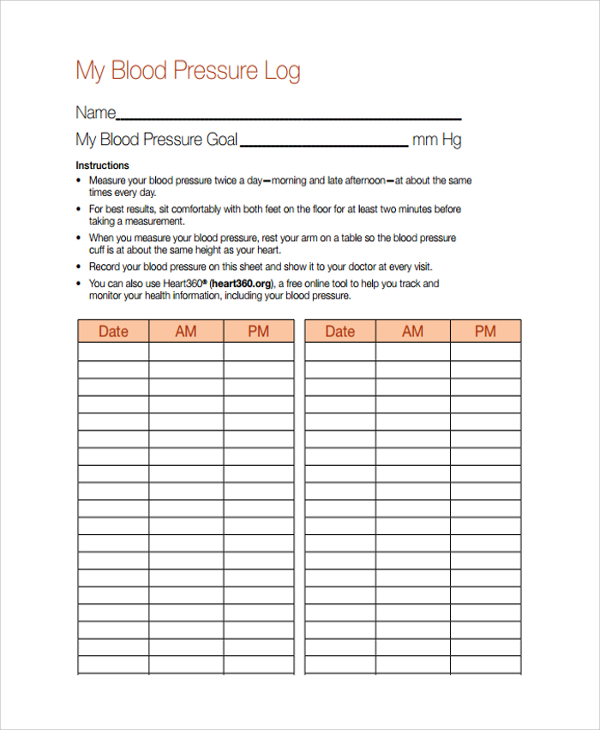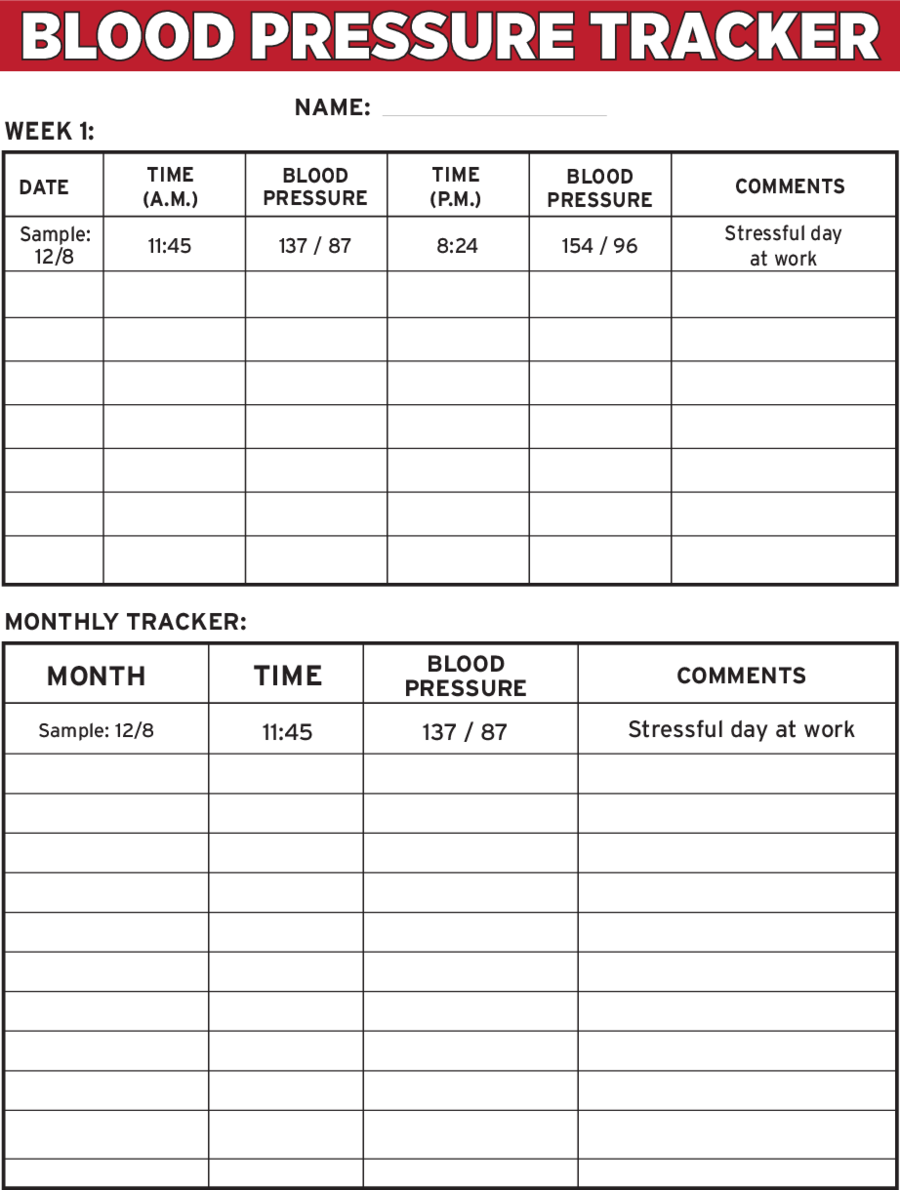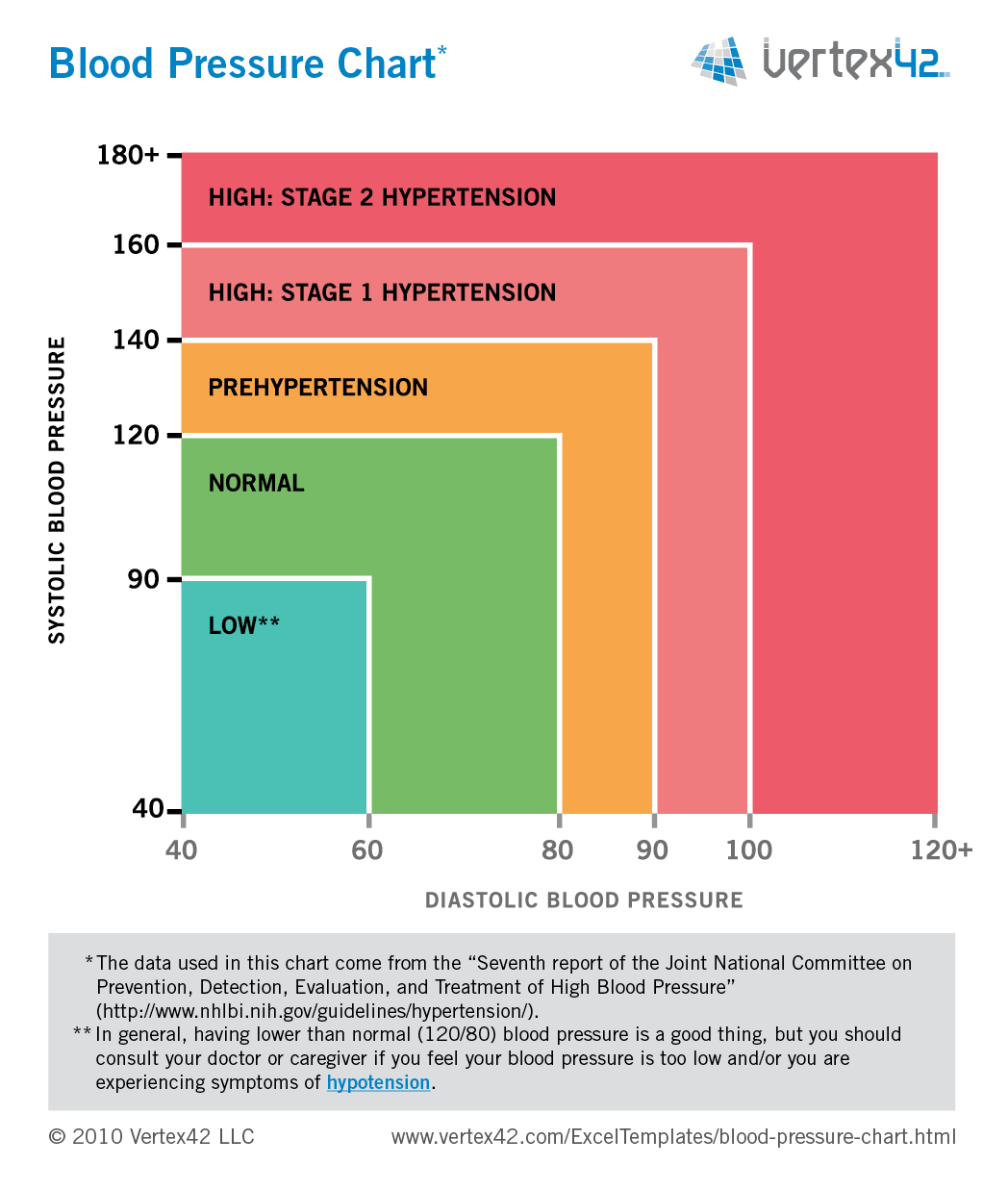


The theory of the Somogyi effect states that if your blood sugar drops too low in the middle of the night while you’re sleeping due to injected insulin, your body will release hormones in an attempt to “rescue” you from the low blood sugar. You may find you have high blood sugar with a glucometer reading and/or through your continuous glucose monitoring (CGM) device when you wake up.ĭepending on how elevated your blood sugar is, you may have the following symptoms when you wake up: The main sign of the Somogyi effect is high blood sugar in the morning when you wake up.

What are the symptoms of the Somogyi effect? Dawn phenomenon doesn’t happen because of low blood sugar.ĭawn phenomenon is also a much more common cause of high blood sugar in the morning than the Somogyi effect. The Somogyi effect also involves a surge of hormones, but it’s due to a low blood sugar episode overnight. The Somogyi effect and dawn phenomenon are both phenomena that can cause people with diabetes to have high blood sugar in the morning.ĭawn phenomenon happens when hormones your body naturally makes in the early morning (including cortisol and growth hormone) increase your blood sugar.

What is the difference between the Somogyi effect and dawn phenomenon? Miscalculating your medication dose with your evening meal/food consumption.Too little medication, which wears off overnight.The Somogyi effect is one of multiple possible causes of high blood sugar in the morning, including: While healthcare providers once thought of the effect as a likely cause of morning high blood sugar, more recent studies involving continuous glucose monitoring (CGM) have disputed the Somogyi effect. Researchers consider the Somogyi effect a theory, meaning it’s not considered to be a fact, but there’s scientific evidence that supports it. Healthcare providers sometimes call it “rebound hyperglycemia.” The effect was named after the doctor who first wrote about it in the 1930s - Dr. It can affect people with diabetes who take insulin. The Somogyi (so-MOH-gyee) effect happens when a low blood sugar (hypoglycemia) episode overnight leads to high blood sugar (hyperglycemia) in the morning due to a surge of hormones.


 0 kommentar(er)
0 kommentar(er)
